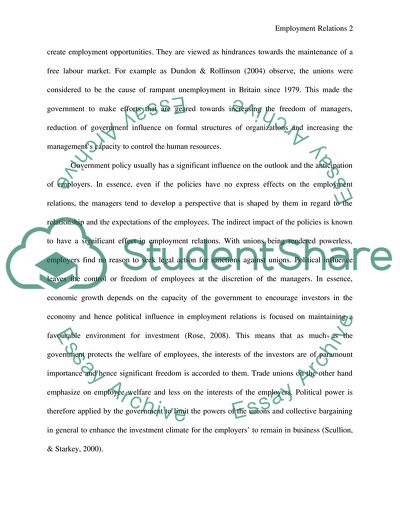Cite this document
(Impact of Institutional Factors on Employment Relations Coursework - 4, n.d.)
Impact of Institutional Factors on Employment Relations Coursework - 4. https://studentshare.org/human-resources/1736492-employment-relations
Impact of Institutional Factors on Employment Relations Coursework - 4. https://studentshare.org/human-resources/1736492-employment-relations
(Impact of Institutional Factors on Employment Relations Coursework - 4)
Impact of Institutional Factors on Employment Relations Coursework - 4. https://studentshare.org/human-resources/1736492-employment-relations.
Impact of Institutional Factors on Employment Relations Coursework - 4. https://studentshare.org/human-resources/1736492-employment-relations.
“Impact of Institutional Factors on Employment Relations Coursework - 4”. https://studentshare.org/human-resources/1736492-employment-relations.


